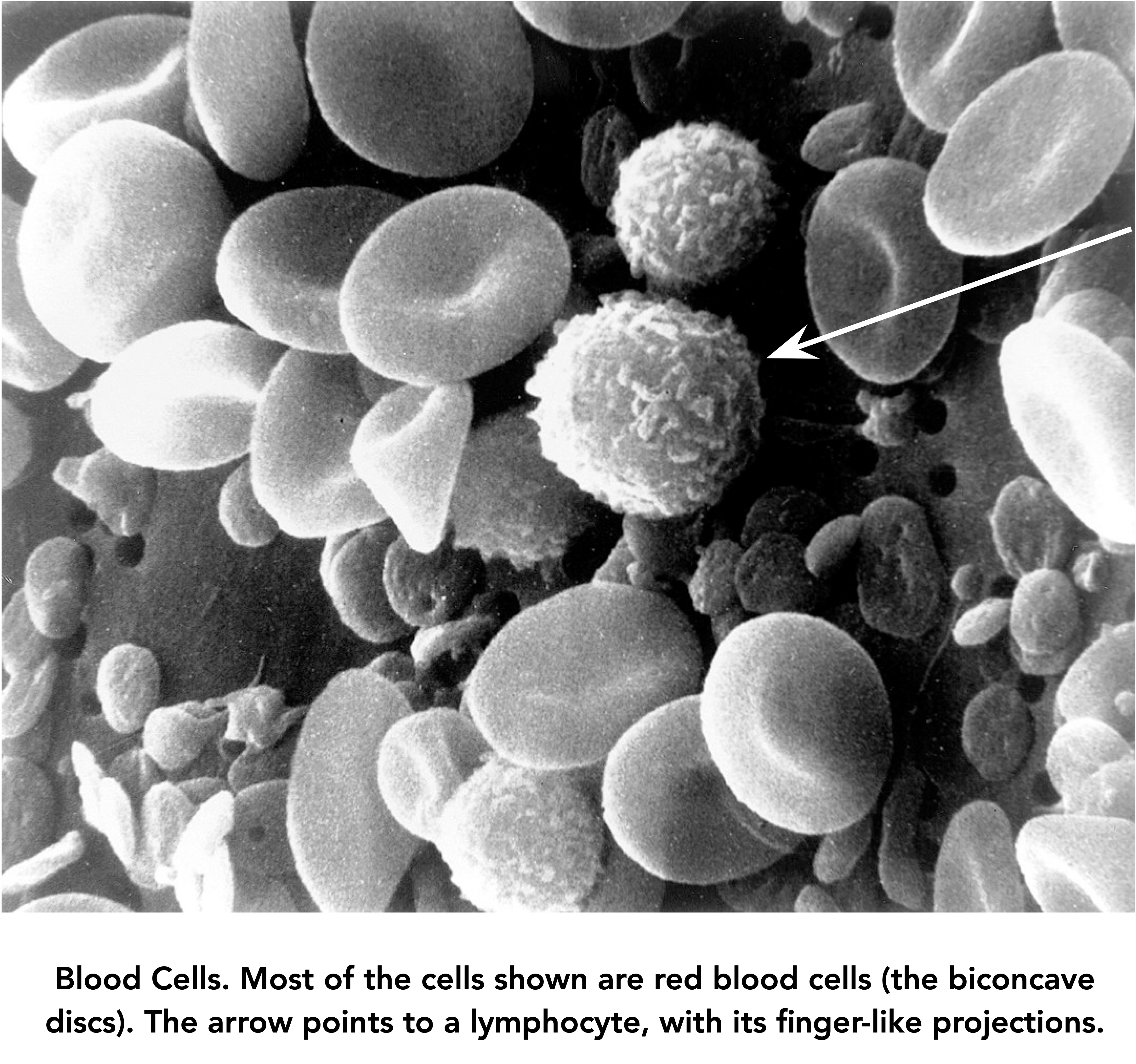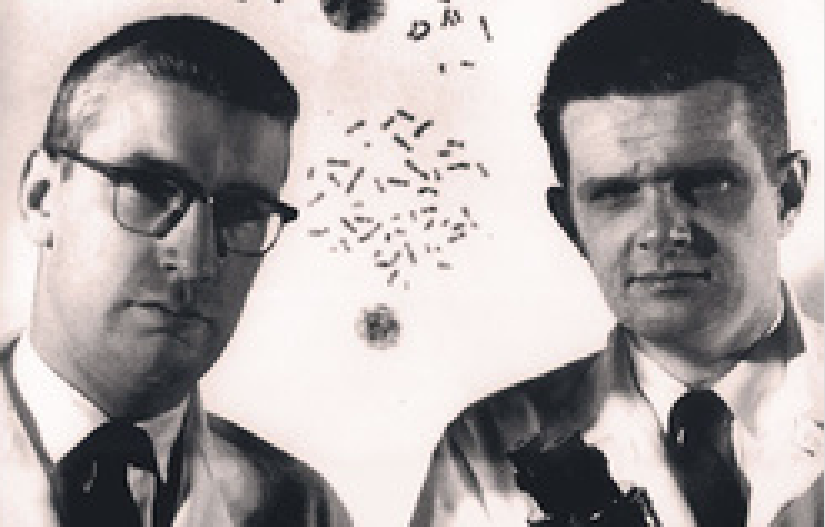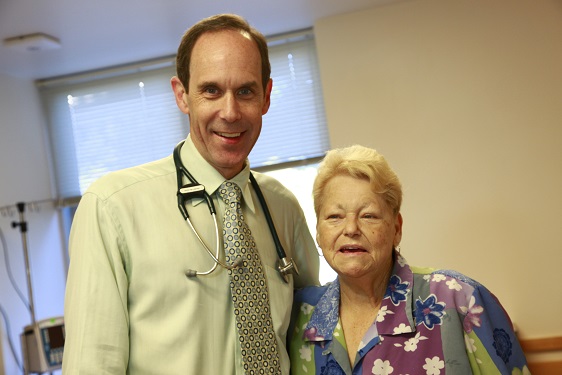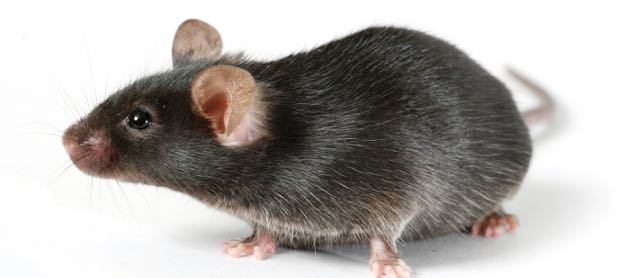DNA is the bedrock of our genetic identity. It encodes physical and mental traits in our genes and it is generally unchanging and the same in all cells. There are ‘epigenetic’ aspects, some of which are still puzzling, that appear to carry over between generations, which are not due to the modification of DNA sequence. (Other posts have explored epigenetics.) But DNA sequence is the default carrier of our genetic identity.
Although the DNA in our cells is largely unchanging and the same in every cell, neither of those features is strictly true.… Read the rest “the goldilocks zone: Mutation, Cancer, and Evolution”








